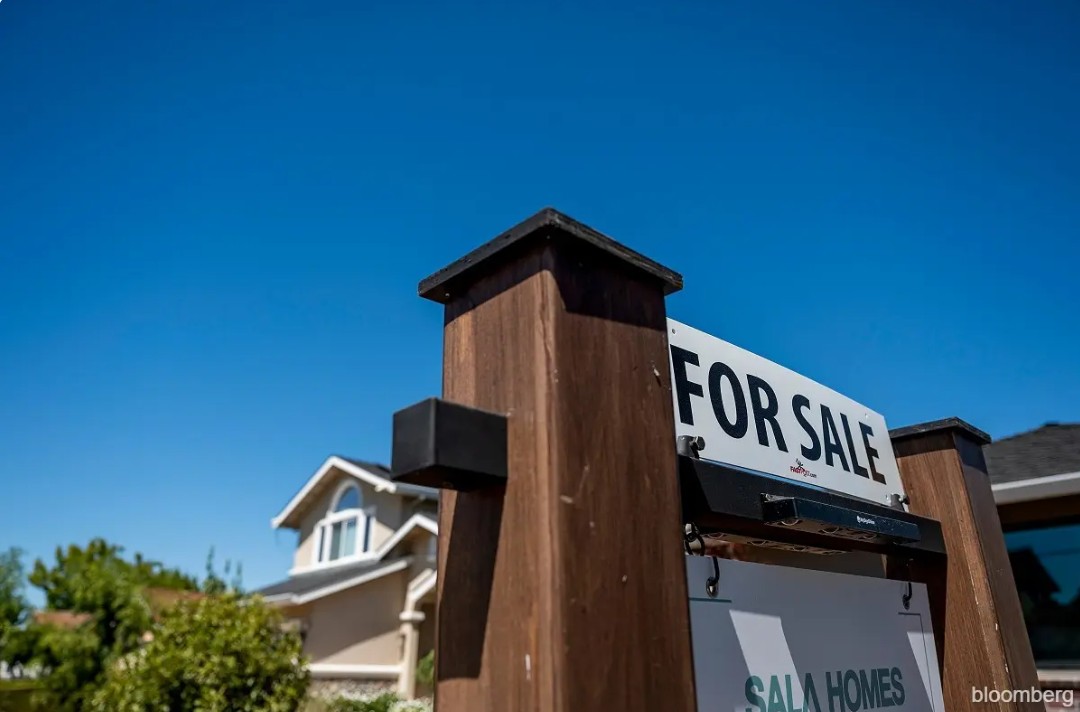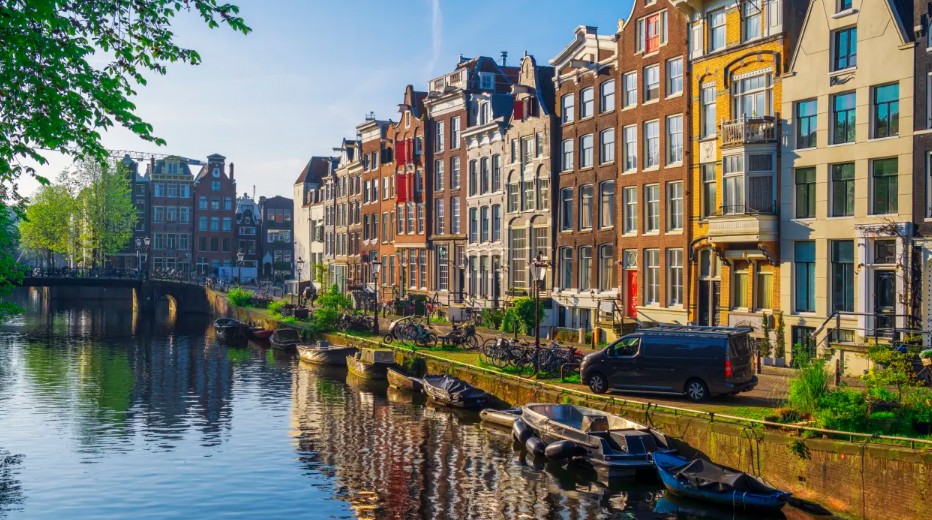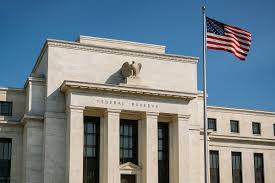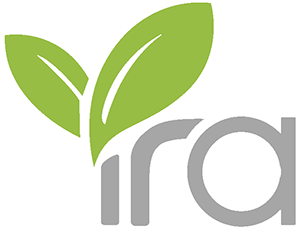
News

Cost to fuel a lorry is up £20,000 a year, says haulage boss
Soaring fuel prices have put the haulage industry in crisis with the cost of running one lorry up £20,000 on last year, a freight boss has said.
Lesley O'Brien, director of Freight Link Europe, said "pretty much everything you buy comes on the back of a truck" so customers were paying more.
Her comments come as the RAC said it now costs £98 to fill the average car with petrol and £101.86 with diesel.
The motoring group has called for "radical government intervention".
Latest figures from the RAC show the average cost of a litre of petrol rose from 177.88p on Sunday to 178.50p on Monday - a rise of 0.6p in 24 hours.
Over the same period, the average diesel price rose from 185.01p to 185.20p.
RAC fuel spokesperson Simon Williams said: "Drivers need to brace themselves for average fuel prices rocketing to £2 a litre which would mean a fill-up would rise to an unbelievable £110.
"We strongly urge the government to take drastic action to help soften the impact for drivers from these never-before-seen pump prices."
Motorists have been hit by record pump prices since Russia's invasion of Ukraine led to an increase in the cost of oil because of supply fears.
In March, the government cut fuel duty by 5p a litre. It said this would save a car driver on average £100 a year, a van driver £200 and hauliers £1,500.
In some circumstances, haulage firms and other transport businesses can reclaim 100% of VAT on fuel paid for business purposes via HMRC.
Ms O'Brien told the BBC's Today programme: "This certainly is a crisis as we've seen fuel prices escalate over the last year by 50% and no sight of a stop, so we absolutely as an industry need to keep on top of this.
"As a country we need to understand we need to support our transport industry which is the infrastructure of the whole economy," she said.
Ms O'Brien said fuel was a third of her business' running costs. This time last year, it would cost about £41,000 a year in fuel for an average articulated lorry at her company, but with prices soaring it now costs more than £61,000 a year.
She explained that her company added a fuel surcharge to its bills, to cover fluctuating prices.
"But never before has it been so high," she said. "As an example, to run one of my artic vehicles is now costing me £20,000 more per year than in did last year."
'It's just crazy'
Another firm, Countrywide Coaches told the BBC it had had to sell two coaches due to the rising price of diesel.
Director Olivia Bell from Countrywide Coaches said she had tried to mitigate rising diesel costs by putting up prices for some of her school customers - but parents ended up pulling their children off the school trip altogether.
Her family-run company is now down to 14 coaches, catering to schools, private and military staff trips.
"Since September's price rise, we are paying an extra £2,000 per week in fuel costs. So we are hitting Plan B by selling coaches," she added.
Rod McKenzie, from the Road Haulage Association (RHA), said: "Fuel represents over a third of a trucks operating costs yet profit margins are between 1% and 2%.
"To put this into perspective, the average 44 tonne truck gets less than two miles from a litre of fuel. That's why every penny increase makes a massive difference and as such, every penny must be made to count."
Some 35% of fuel costs are duty taxes and the RHA wants the government to return this to "essential users" such as hauliers and coach operators. They could then lower their prices to customers, the RHA said.
Ms O'Brien said: "If we help the haulage industry and we have an essential user rebate we will help everybody because pretty much everything you buy comes on the back of a truck and we will be able to pass that on to the end user."
The spiralling cost of fuel had added to pressures including a driver shortage, subsequently high salaries and an increase in companies' national insurance payments, she said.
On top of that there was an increase in lorry maintenance costs and a shortage of new lorries and parts due to a global shortage of chips.
Meanwhile, a plan to name and shame petrol stations that fail to pass on a cut in fuel duty is "still in the works", a government source has told BBC News.
A formal announcement had been expected last week, but it is understood officials at the Department for Transport are yet to finalise the policy.
Source: https://www.bbc.com/news/business-61716039
Reference : BBC NEWS
Latest News
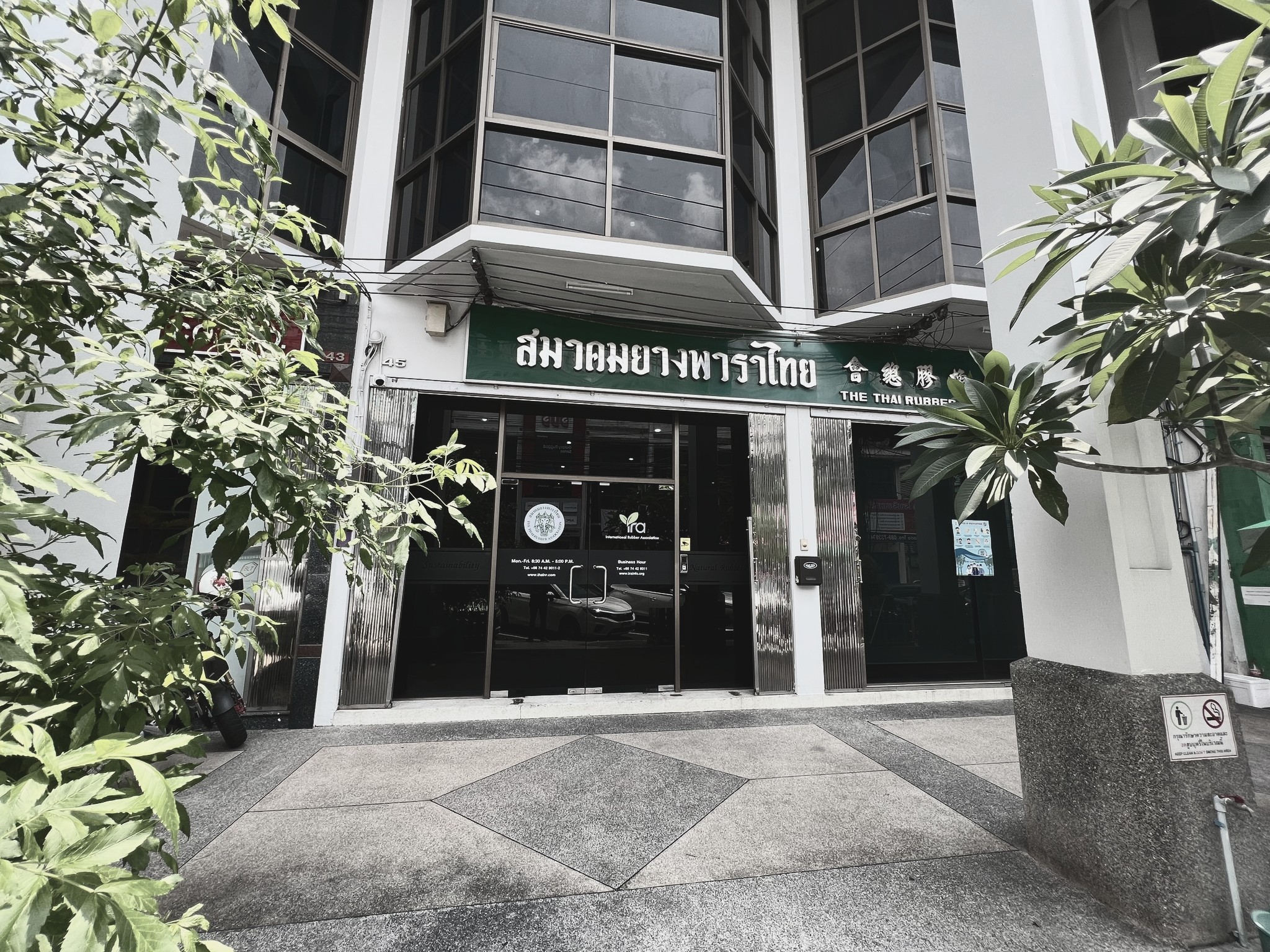
Thailand Monthly Rubber Report – October 2025
INTERNATIONAL RUBBER ASSOCIATION
SECRETARIAT
THE THAI RUBBER ASSOCIATION
45, 47 Chotivithayakul 3 Road, Hatyai, Songkhla 90110, Thailand
+66 74 429311, +66 74 429011-2
+66 74 429312
secretariat@irainfo.org

